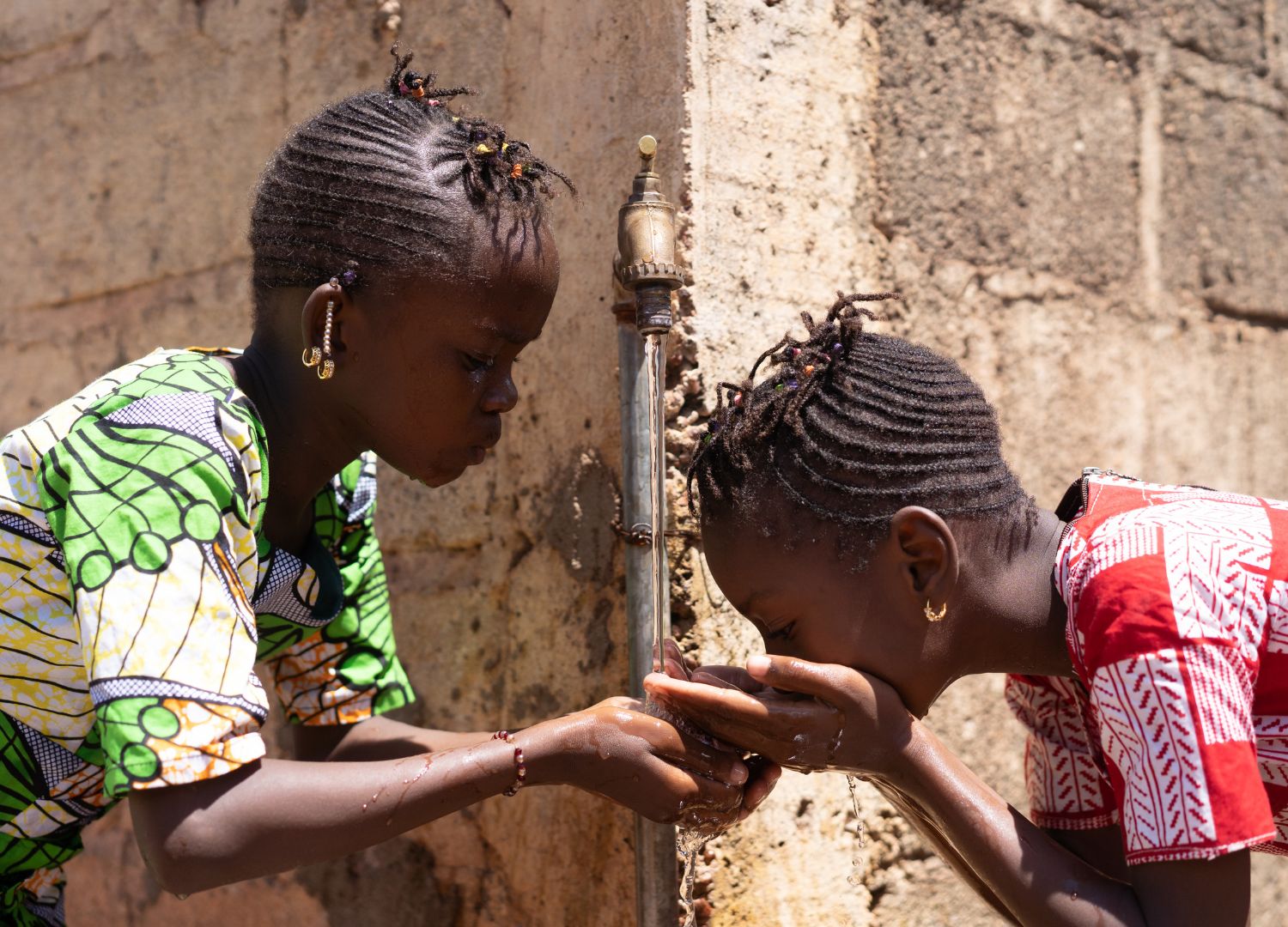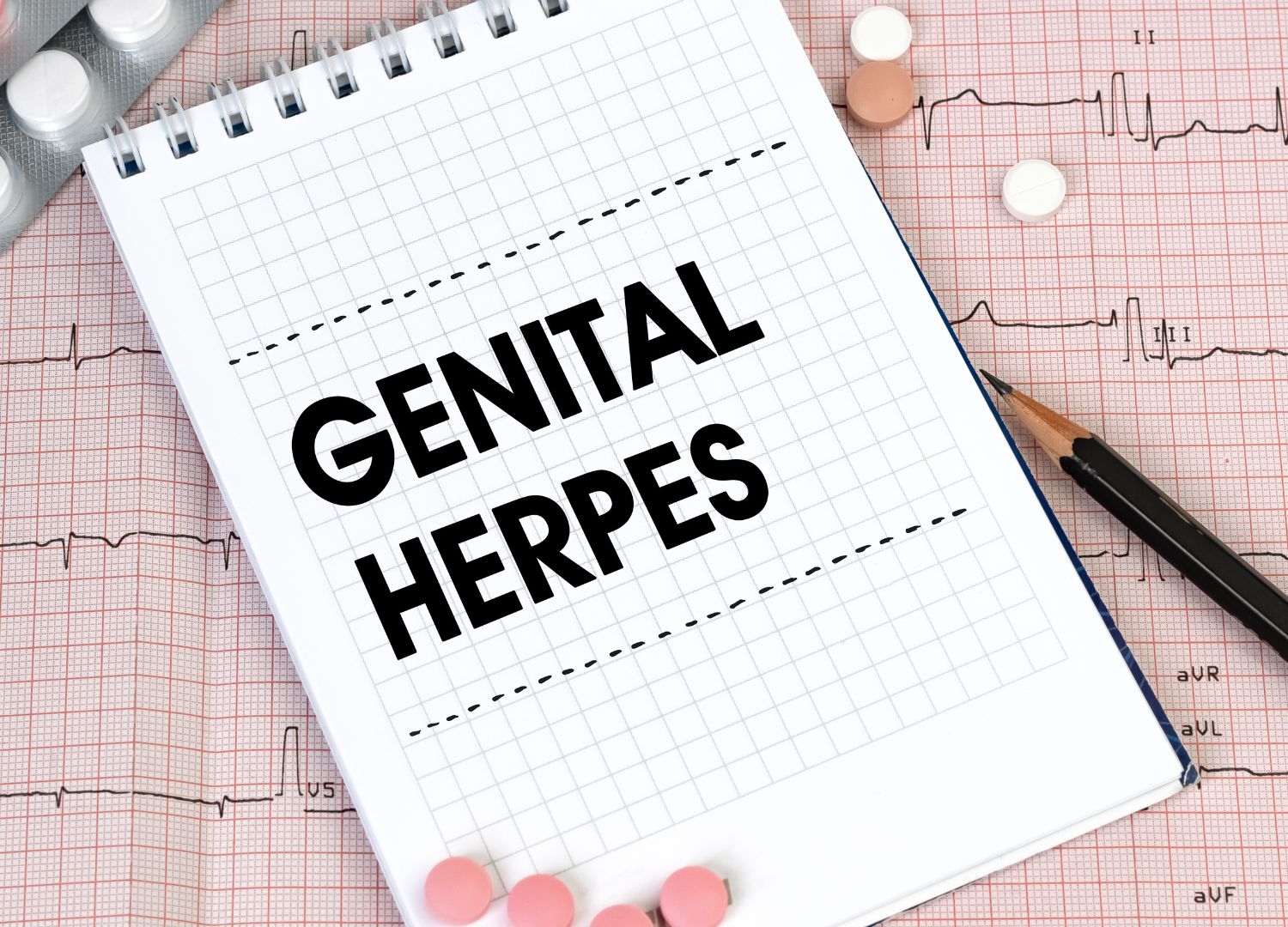
Understanding Cholera Outbreaks
The Nigeria Centre for Disease Control and Prevention alert Nigerians of cholera cases around the country and the deaths wen been dey reported na 30 out of 36 states. From 1st of January to 11th of June, 2024 na 1,141 suspected cases and dem confirm 65 cases with 30 deaths from 96 LGAs for 30 states. The 10 states with 90% of the burden of cholera so far na Bayelsa, Zamfara, Abia, Cross River, Bauchi, Delta, Katsina, Imo, Nasarawa and Lagos States.
Cholera, na severe diarrhea wen dey caused by cholera, and e still remain serious public health challenge worldwide. Even with the advances for sanitation and healthcare, cholera outbreaks dey continue to happen, especially for areas wen nor get enough access to clean water and sanitation facilities.
Wetin Dey Cause Cholera Outbreak?
Cholera outbreak dey primarily caused by swallowing water or food wen dey contaminated with cholera. The bacterium dey prosper for environment with poor sanitation, e dey make the area wen dey affected by natural disasters, war, and poverty. Key factors wen dey contribute to cholera outbreak na:
* Contaminated Water Sources: If you drink or you use water from contaminated rivers, lakes, or wells fit introduce the bacteria into communities.
* Poor Sanitation Practices: Lack of proper sewage disposal and open defecation fit lead to widespread contamination.
* Inadequate Hygiene: Limited access to soap and clean water to take wash hand dey increase the risk of infection.
* Population Displacement: Refugee camps and urban areas wen dey populated without enough sanitation infrastructure na hotspots for cholera outbreaks.
How To Recognize The Symptoms of Cholera:
Cholera fit nor get any signs or symptoms of the disease or cause mild to severe symptoms. For severe cases, symptoms fit appear within hours of infection and include:
* Severe Diarrhea: Profuse, watery diarrhea, often described as "rice-water stools."
* Vomiting: Rapid onset of vomiting can lead to dehydration.
* Dehydration: Symptoms of dehydration include dry mouth, thirst, reduced urination, and sunken eyes.
* Shock: Severe dehydration can lead to shock and, if untreated, death.
Prevention Strategies for Cholera
Preventing cholera outbreaks dey involve combination of community education, improved sanitation, and access to clean water. Effective prevention strategies na:
* Water Treatment: To make sure say safe drinking water dey. through boiling, chlorination, or to use water purification tablets.
* Sanitation Improvements: To Build and maintain proper sanitation facilities to prevent contamination.
* Hygiene Promotion: To Educate communities about how to wash hand with soap dey important and how to practice how to safely handle food .
* Vaccination: Oral cholera vaccines (OCVs) fit provide short-term protection and dem dey useful for outbreak settings and high-risk areas.
Responding to Cholera Outbreaks
Rapid and coordinated response dey important for the control of cholera outbreaks. Key response measures na:
* Surveillance and Reporting: Early detection and reporting of cases to public health authorities go make swift action dey possible.
* Treatment Centers: Establish cholera treatment centers wen go provide rehydration and medical care.
* Community Engagement: Involve local communities for response to make sure say appropriate culturally interventions dey.
* Supply Distribution: Provide essential supplies like oral rehydration salts (ORS), intravenous fluids, and antibiotics.
The Role of International Organizations
Organizations like World Health Organization (WHO), UNICEF, and Médecins Sans Frontières (MSF) dey play important role to fight cholera outbreaks. Dem dey provide technical assistance, funding, supplies, and support local health systems for affected areas. Their efforts na:
* Emergency Response: Send rapid response teams go the outbreak zones.
* Capacity Building: Train local healthcare workers for cholera management.
* Research and Development: Support the development of new vaccines and treatments.
Conclusion
Cholera outbreaks still remain pressing global health issue, especially for areas wen nor get enough water and sanitation infrastructure. UIf we understand the causes, recognize the symptoms, implement effective prevention strategies, and mount robust response all of dem go dey essential to control and prevent cholera outbreaks. If collabo happen between governments, international organizations, and local communities e go help to achieve cholera-free world.
If we prioritize clean water, improved sanitation, and hygiene education, we fit make significant strides to reduce the incidence of cholera and save lives.












